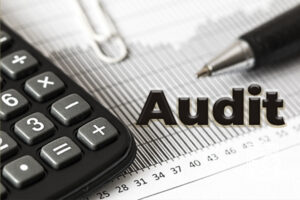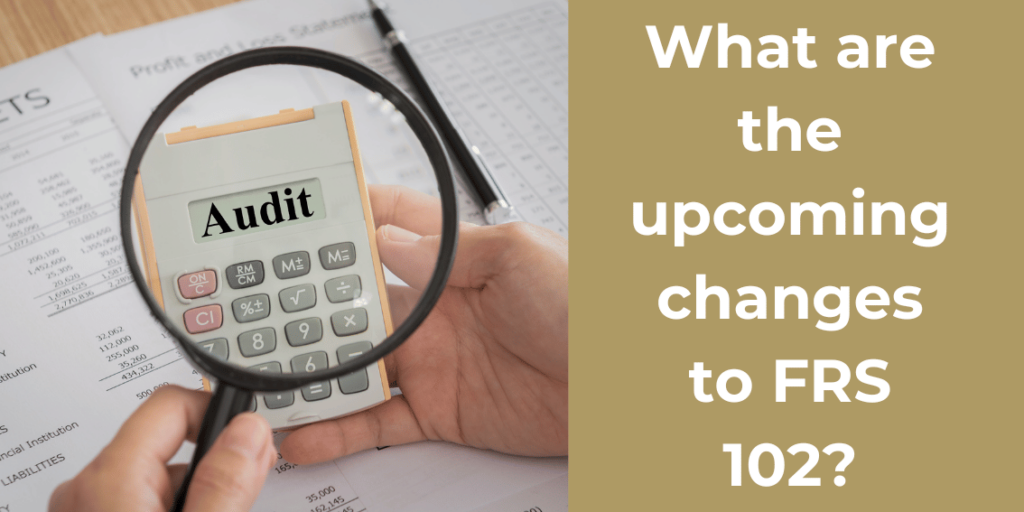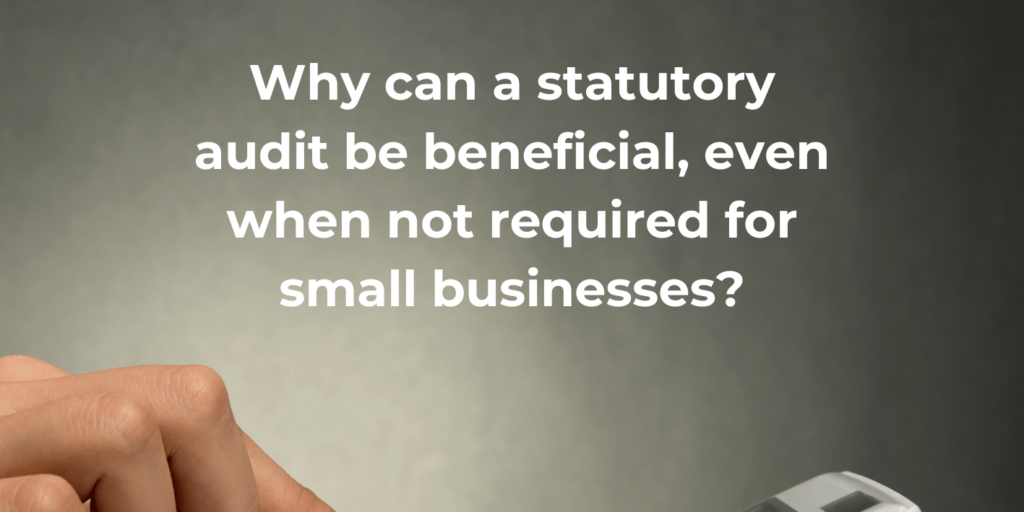Audit, independent examination, and Solicitors Regulation Authority (SRA) audit thresholds

Audit thresholds – companies
The audit thresholds are the criteria that determine whether a company is required to have its financial statements audited. In the United Kingdom, the audit thresholds are as follows:
1. Annual turnover: Not more than £10.2 million.
2. Balance sheet total: Not more than £5.1 million.
3. Average number of employees: Not more than 50.
If a company meets any two of these criteria, it is exempt from audit. However, there are some companies that are not eligible for audit exemption, even if they meet the thresholds. These include:
- Public companies.
- Subsidiaries of public companies.
- Authorised insurance companies.
- Companies involved in banking or issuing e-money.
- Markets in Financial Instruments Directive (MiFID) investment firms or Undertakings for Collective Investment in Transferable Securities (UCITS) management companies.
- Companies whose shares have been traded on a UK-regulated market.
If a company is not eligible for audit exemption, it must have its financial statements audited by a registered auditor.
There are some specific rules in relation to the following areas – which are not covered in detail in this article:
- Accounting periods which are longer or shorter than 1 year;
- Accounting periods where the thresholds are exceeded for the first time – but were not exceeded in the previous period;
- Accounting periods where the thresholds are not exceeded – but were exceeded in the previous period;
- Groups of companies;
- Limited Liability Partnerships.
Charity audit and independent examination thresholds
Charity audit
The charity statutory thresholds are:
Gross income: Not more than £1m or,
Gross income more than £250k and gross assets more than £3.26m.
Independent examination
The independent examination threshold is the criteria that determines whether a charity is required to have its financial statements independently examined. In the United Kingdom, the independent examination threshold is as follows:
Gross income: More than £25,000, but not more than £1 million, provided that:
If its gross income is more than £250,000, its gross assets (fixed assets plus current assets) are £3.26 million or less.
If a charity meets these criteria, it must have its financial statements independently examined by a qualified person.
Solicitors Regulation Authority (SRA) audit threshold
The SRA audit threshold is the criteria that determines whether a law firm is required to have its client money audited by a qualified accountant. In England and Wales, the SRA audit threshold is as follows:
- Average client account balance: Not more than £10,000.
- Maximum client account balance: Not more than £250,000.
If a law firm meets both criteria, it is exempt from the requirement to have its client money audited.
To find out more about Audit and Audit thresholds, please contact our London branch.








